#IWASTHERE
Dilah’s goal is sustainable development
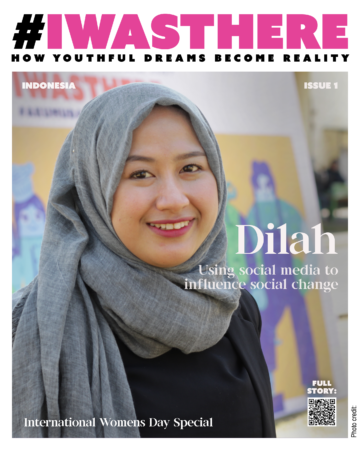
Dilah believes in the potential of the young generation, but they are often seen as ‘still young kids’, she says. Instead, Dilah sees that they can be a powerful force influencing decisions and change, and the key to achieving the world’s Sustainable Development Goals (SDGs).
A professional in development
Fadhilah Trya Wulandari, 27, known as Dilah, is a determined woman with three different positions at Hasanuddin University in Makassar, Sulawesi, Indonesia. She is a Special Assistant to the Dean of the Graduate School in the field of International Cooperation; a Project Support Officer in the Program Associate Sustainable Development Goals Center; and a Junior Research Fellow at the Center of Excellence for Interdisciplinary and Sustainable Sciences.
Learning early respect
These are Dilah’s current influential roles, but her interest in development issues began in high school where she learned about the importance of mutual respect towards religious differences and towards minorities. These early experiences began to build her personality and drew her attention to different social issues. She was motivated to learn about how to connect with people while maintaining the rights of all, by holding the principles of respect, awareness, and tolerance.
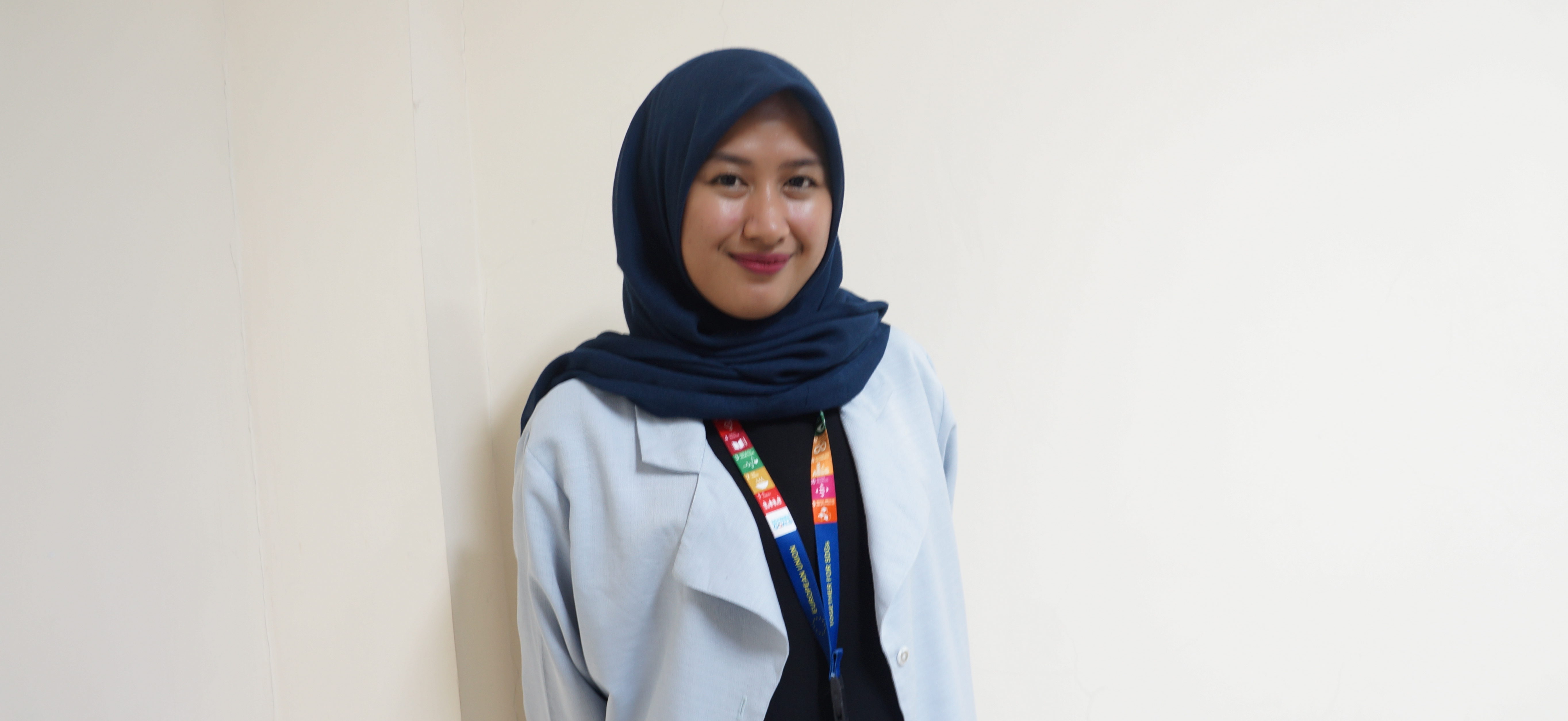
Making friends and influencing people
With this motivation, Dilah pursued a masters study in gender and conflict in the Netherlands. While there, she and five friends from different countries created a social media platform for SDGs, Development Dictionary, to provide information about social issues and increase self-awareness among young people from the millennial generation. Dilah and her friends hoped that with increased awareness, young people would have a better understanding of the world, which would lead to a change in actions.
Using social media
To reach even more people, Dilah has initiated a social movement with the hashtag #gakpakeplastik (#noplastic) on Instagram with her friends in Makassar. It focuses on environmental problems, convincing followers to replace single use plastic with tote bags, tumblers, and bamboo straw. Dilah also makes use of her personal Instagram account to provide a platform to discuss social justice issues and to share reading materials.
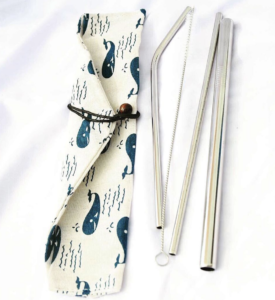

Sensitive to beliefs and opinions
Influencing public views is easier said than done. Dilah’s audiences are not usually even aware of the issues, let alone interested in them or ready to take action. For example when discussing ‘cat calling’ (street harassment towards females), her readers may find it normal, not problematic, or even acceptable. And there can be a backlash when she raises sensitive topics such as terrorism. "We must be sensitive about what the person can accept and where we can continue the conversation,” she says. “I often get harsh, loud comments but I still believe that we should not judge, and it is ok if we have different opinions. It's always about the way we perceive things.”
In the hands of youth
And the way that we perceive young people can hold back the next generation taking a role in society. Dilah is determined that perceptions can change and particularly highlights the great power of young women, challenging the social norms that stop women realizing their potential. “As a youth, I'm sure the young generation will be more innovative in achieving SDGs,” she asserts. “They are aware of issues that many older adults might not be aware of.” And for the younger generation, the most important things are issues of gender equality, children’s rights, tolerance of ethnic differences, and race.
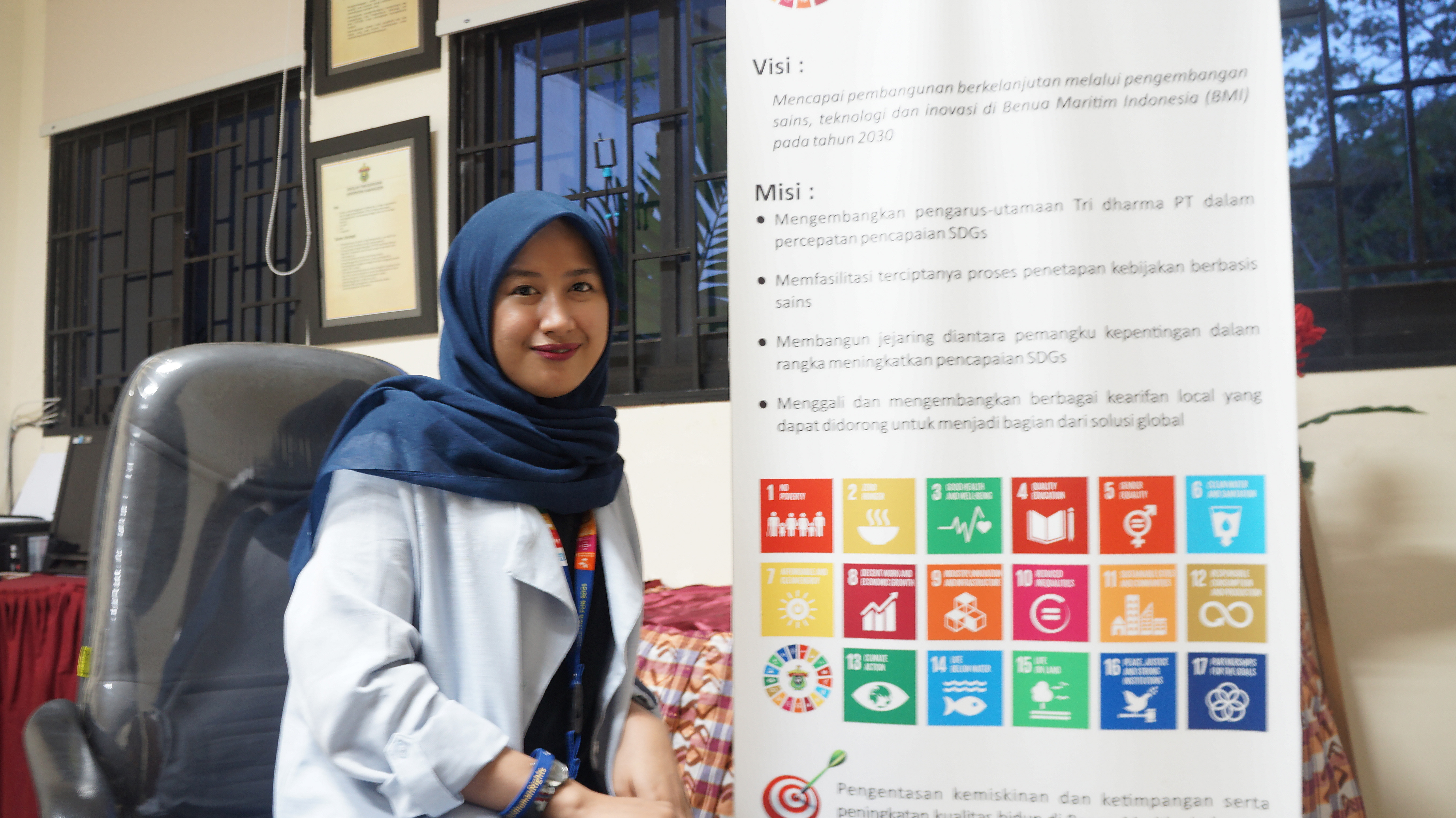
It’s all about being human
“Development is more than just economy or infrastructure,” Dilah says. “It's all about humans, about society, about women, about men, transgender, babies, children, mothers, it's all development. It’s not just about physical development, it’s also about the human development."
Oxfam Novib's Empower Youth for Work project is aiming towards the socio-economic empowerment of youths in the rural areas of Bangladesh, Pakistan, Ethiopia and Indonesia.
Why these stories?
There are more young people today than ever before in the history of the world; 1.8 billion people between the ages of 10 and 24 worldwide, and 90% of them live in low-income countries. . Harnessing the energy and strength of young women and men to become active citizens is core to Oxfam's goal of transformational change.
With their energy, skills and creativity, young people have the potential to be the driving force for social change, strong economies and vibrant democracies.
Oxfam is working jointly with youth to challenge barriers that prevent them from
Enjoying their rights
Participating fully in society
Being an effective voice in decision-making processes
How youthful dreams become reality.
These stories are proof that change can happen anywhere -
to inspire you to become an active citizen.
- Bangladesh
- Ethiopia
- Indonesia
- Italy
- Nigeria
- Pakistan
- Peru
- Somalia
- The Netherlands
-
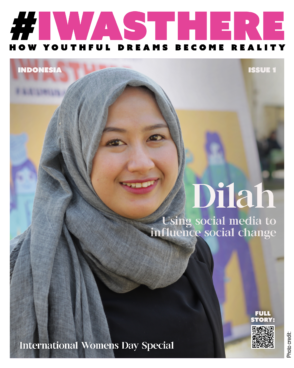
Dilah
“Development is more than just economy or infrastructure, it’s all about humans.”
-
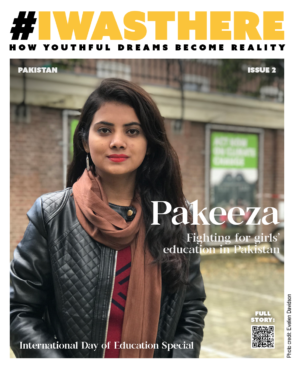
Pakeeza
“As activists, we have to be patient. Without patience we can’t do anything, we just struggle.”
-
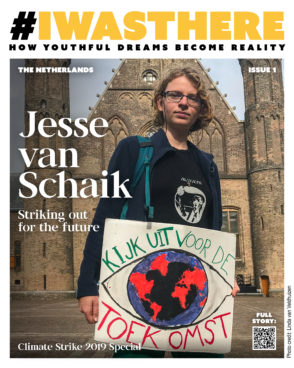
Jesse van Schaik
“I hope other people think ‘if she can do it, then I can do it, and then it won’t be that hard.’”
-
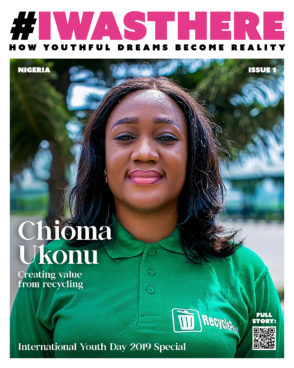
Chioma Ukonu
“Youths must work every day to be the change they want to see.”
-
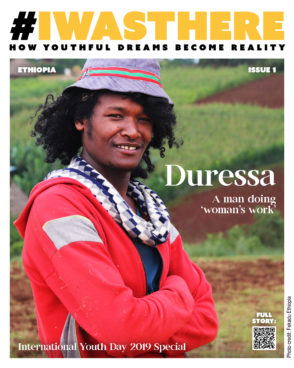
Duressa
“The only thing that I cannot do, is child bearing and breast feeding. This is not naturally gifted to men!”
-
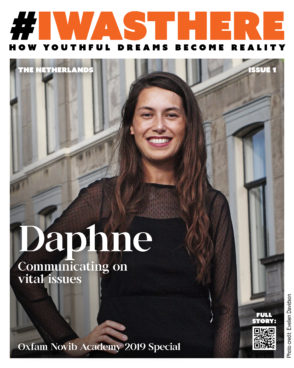
Daphne Rozenburg
“My goal was to capture the essence of the vital advocacy work that goes on within powerful institutions. But in a light and approachable way.”
-
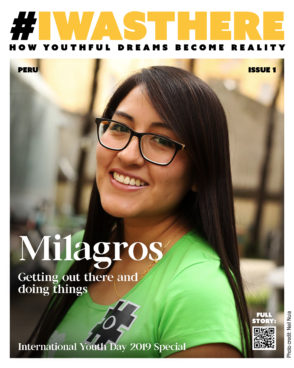
Milagros
“We are young, we are prepared. We have many things to do.”
-

Muzamil Ali
“The biggest challenge wasn’t informing them about modern farming techniques but persuading them to abandon outdated methods”
-

Nasrin
“Work is never defined for men and women, it is us who creates this differentiation. There are lots of people in rural areas who are not getting enough medical support, I want to do something more for their advancement by engaging the youth of our community.”
-
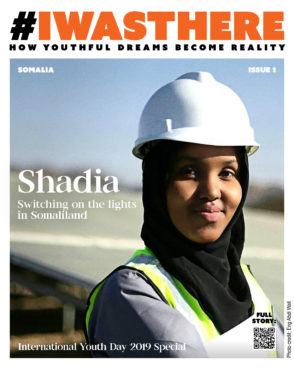
Shadia
“Fear is not part of my life. I conquer the fear itself.”
-
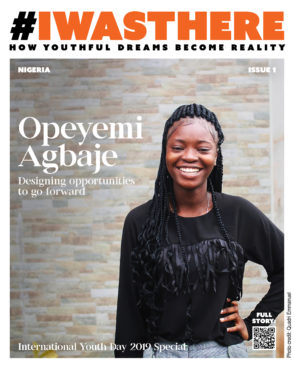
Opeyemi Agbaje
“I did not have any computer knowledge prior to this time; I only used computers for watching movies!”
-
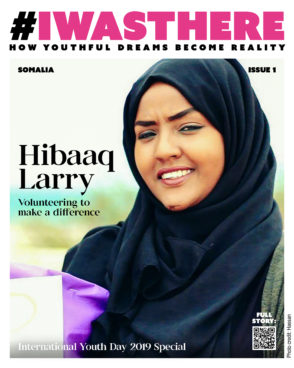
Hibaaq Larry
“We should create an environment where people can support one another and raise local funds together to buy clothes and food for poor children and mothers.”
-
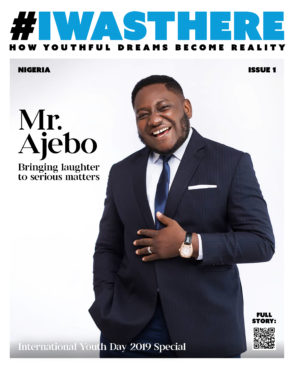
Mr. Ajebo
“Work ethics and character are equally important as you cannot earn a living out of talent alone.”
-
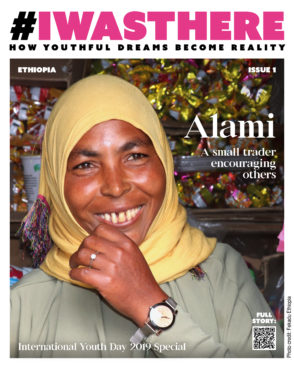
Alami
“I believe young women have the capacity to change their lives if they are provided with a safe environment and support from their family, community, and government.”
-
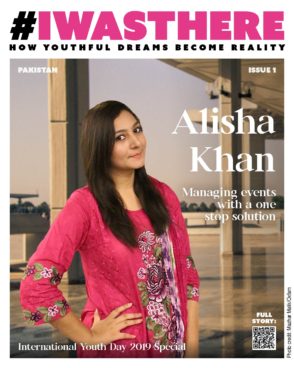
Alisha Khan
“Once we overcame our initial hurdles, we felt confident about managing more events, and soon established a good reputation in the city.”
-
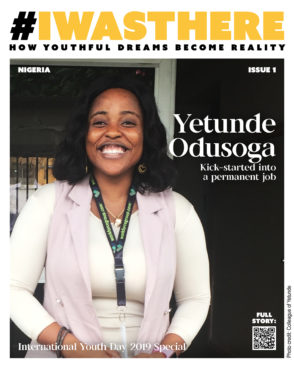
Yetunde Odusoga
“Even if a person supports you and teaches you how to do a thing, without passion on your part, it’s a ‘NO’!”
-
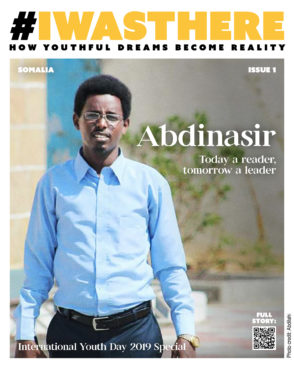
Abdinasir
“Without a book on my lap every day, I don’t know where I would have reached today. One day I will realize my dream of bringing all Sahil people into the library.”
-
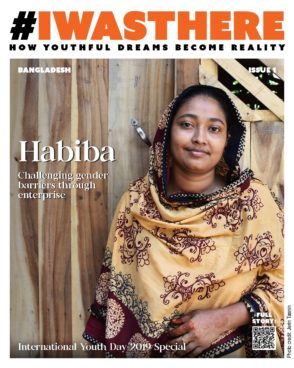
Habiba
Habiba believes that other women and girls will be inspired by seeing her at work.
-
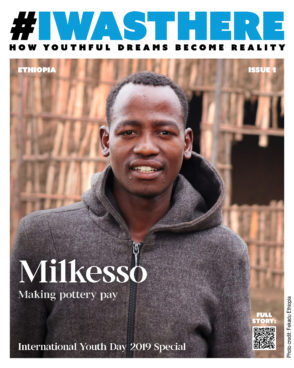
Milkesso
“Seeing my success, many people are now convinced it’s OK to assist women.”
-
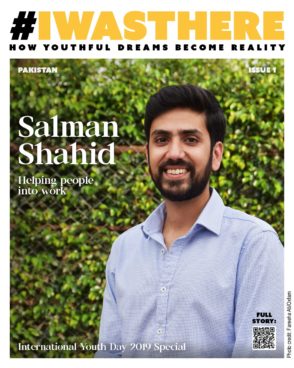
Salman Shahid
“We aim, one day, to scale up our start-up to a national level”
-
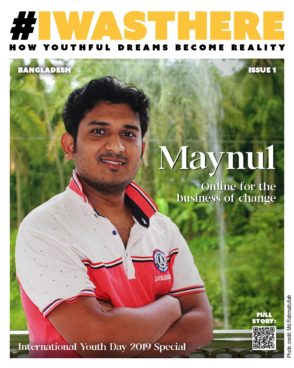
Maynul
He started working from home to save money, providing computer support to the community, especially women.
-
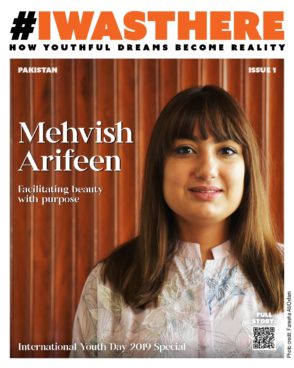
Mehvish Arifeen
“The beauty parlour industry is exploitative, and because women workers lack awareness about their rights, they pose little to no resistance to unfair work policies.”
-
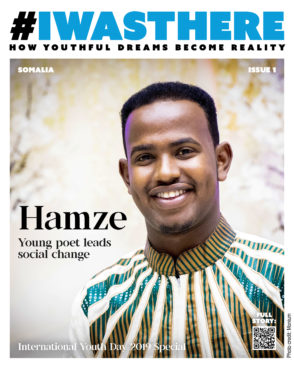
Hamze
“Poetry is art and expression, and has been in my blood since my childhood. If you want people to develop their country, young people are the starting point – they have the drive and stamina to pioneer changes”
-
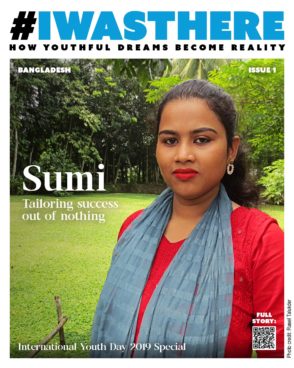
Sumi
To ensure the continued success of her business, she keeps up with the latest fashion trends online, adjusting them for the cultural and religious tastes of her clients.